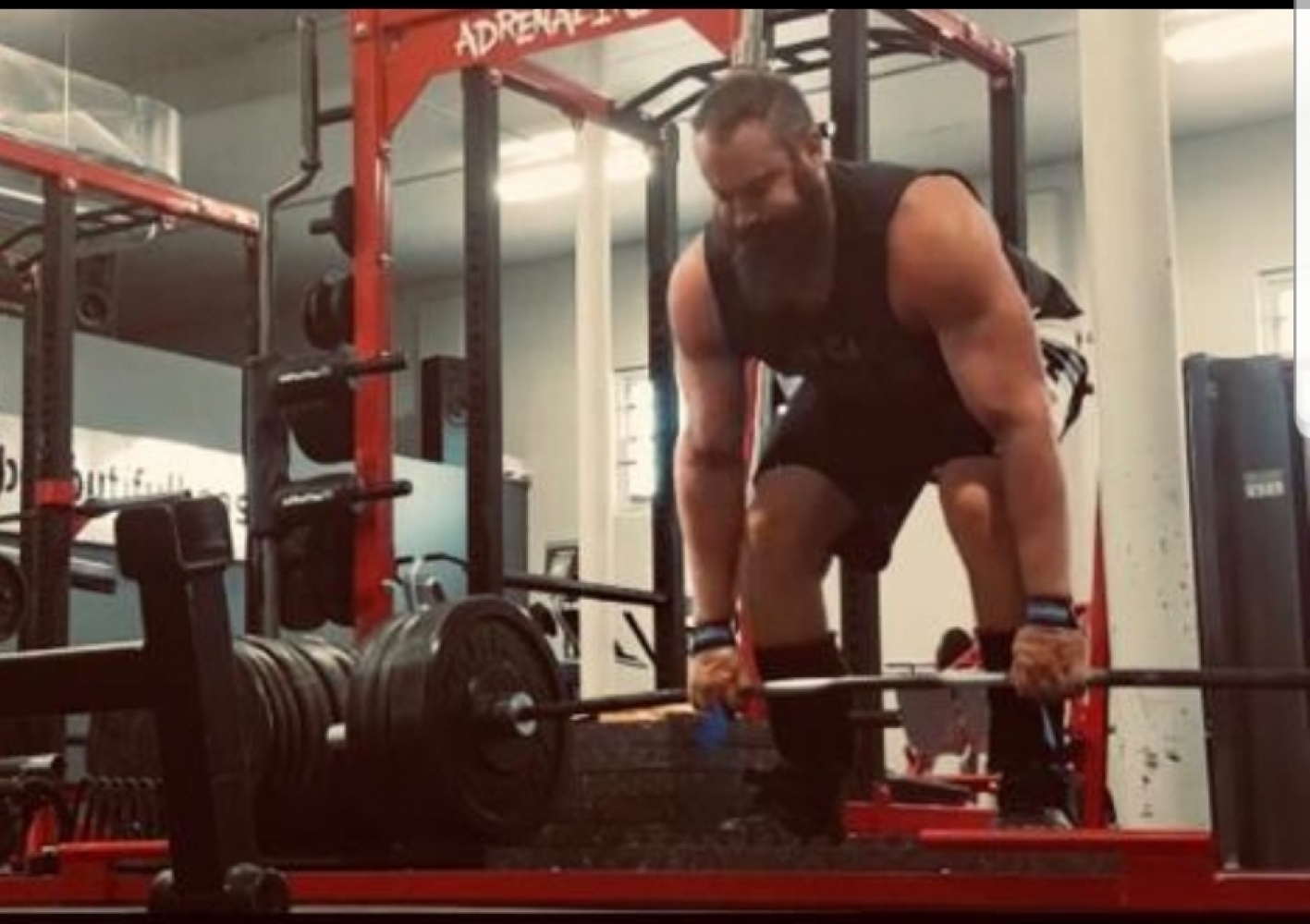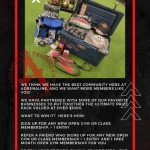Top 6 Tips for Beginner Lifters

This year marks 15 years that I have been a certified strength and conditioning specialist through the NSCA. I've worked with novice athletes to world champion strength athletes and everyone in between. Here are 6 common mistakes I have encountered time and time again in the weight room.
1) Strength is a skill...
"You can be given the best recipe, but if you don't know how to cook, your recipe is not going to turn out." In other words, if you don't have a basic understanding of how to perform the movements or how to use the equipment properly you could have "the best" program but your progress will be minimal. So don't blame the program. Strength training requires technique. Technique requires practice in order to be perfected. If your technique is inefficient and iinconsistent, not only will your progress stall, but the likelihood of injuries will increase.
2) Don't major in the minors...
Stop focusing on things that don't matter. These things include: which supplements to take, which knee sleeves are the best on the market, or if your accessory exercises take more time than your main compound lifts, you are majoring in the minors. These things don't matter when you are a beginning lifter. What matters is this... what you do with a barbell on your back, or in your hands. Focussing on things that matter such as form and technique on your main lifts are what matters most. Progress is as simple as: eating, performing mobility movements, running, jumping, throwing, lifting heavy, eating more, and getting enough sleep.... REPEAT! See, it's a lot simpler than you are making it out to be. So instead of spinning your wheels with your poor lifting technique and spending money on every new color of various brands gear that comes out, invest in a knowledgable coach that can teach you the movements you should be focusing on.
3) Maxing out or testing strength too often...
I've always believed it's better to not know how strong you are than to know exactly how weak you are. Testing your strength or maxing out daily or weekly is a recipe for disaster. If you are always testing your strength how do you plan on increasing it? Save the testing for competitions.
This leads me to another point I see with beginner strength athletes. Stop doing every single show that is available to you. If you enjoy participating in your sport, would you not want to keep your longevity as an athlete in mind? There are advantages to competing often to gain experience, but how do you plan on getting stronger if you are always deloading for competitions and then trying to recover from shows afterwards? If you are missing two weeks of training every month how do you hope to gain any ground? Pick 3-4 competitions a year that mean something or that will get you towards your goals and then build strength in between competitions.
4) Consistency is key..
You can't make up for lost training time. If your training week rolls over into 2 weeks or you are skipping training sessions altogether, how do you expect to improve? You can't makeup for missed training sessions. Remember your competition is trying to outwork you. They are trying to figure out how to recover better to do more, not how they can get away with doing less. If you are consistently putting in the work, you will see continued progress.
5) Don't copy what experienced, high profile athletes are doing.
Just because a certain elite athlete trains a particular way does not make it the right way. I'm not saying what they are doing is wrong but it doesn't mean its right for you. What works for them likely won't work for you. You don't share their training age and experience. You likely don't have their same leverages, and you certainly don't possess their genetics. Novice athletes should start with novice programs. You can't follow an elite program and assume you will have elite gains.
6) As a "coach" if you don't know it don't teach it.
A little bit of knowledge can be a dangerous thing, so stay in your lane. As an athlete if what or how you are being taught, or what you are allowed to get away with in your training is becoming questionable - then question it. It's your body on the line.
Derek Becker, BKin, CSCS


